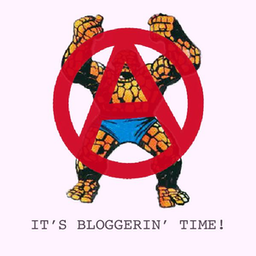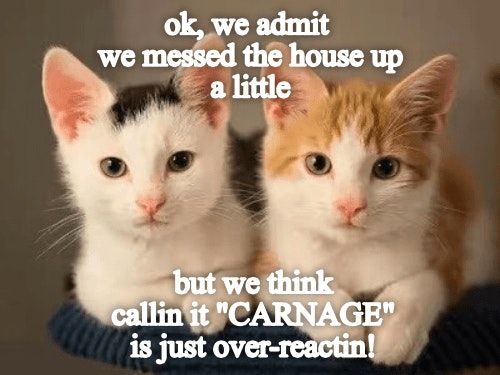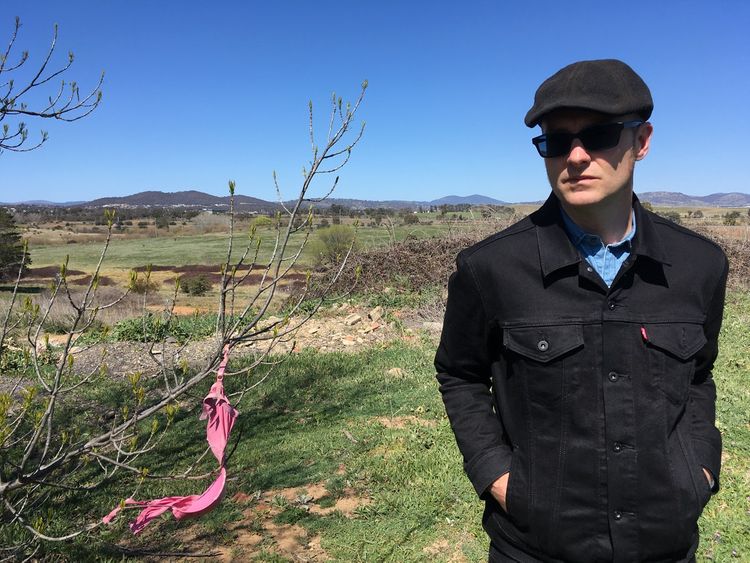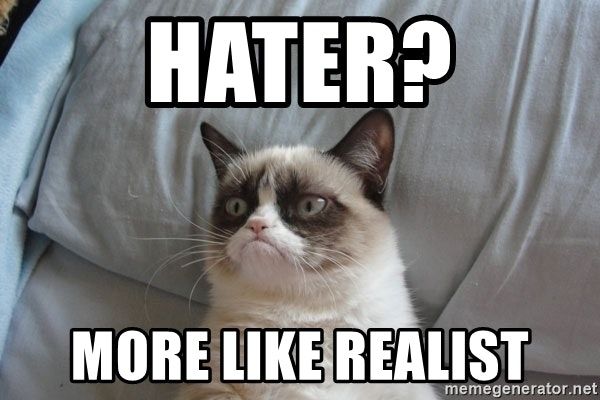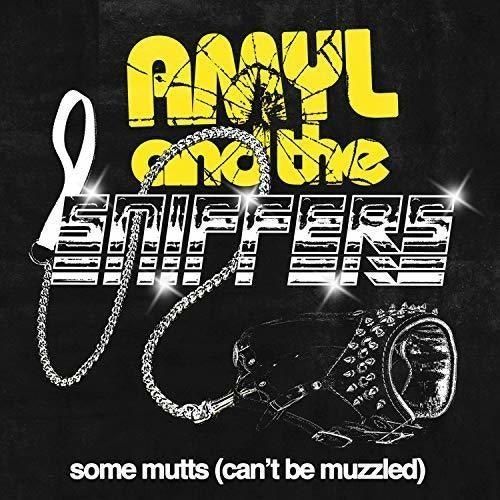Mark Lanegan, Joan Didion, Death, and the Weather
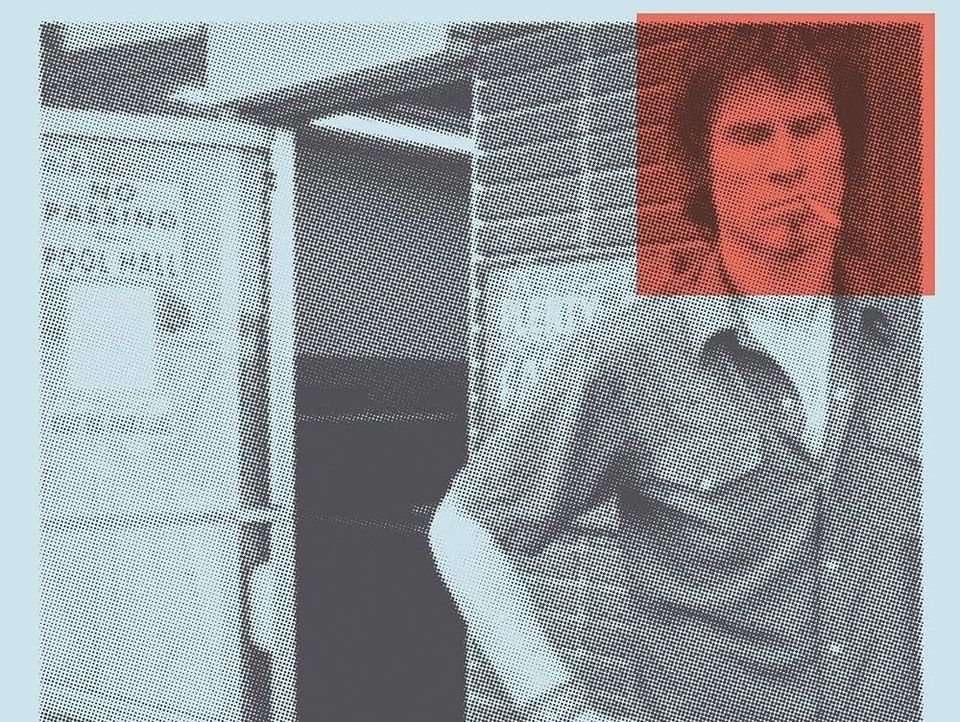
Years ago, when my first round of dreams of succeeding in the music industry on the performer end of things were still intact, I interviewed Mark Lanegan. I was still in Freshkills, I think we’d only done our first EP, which we called “Here For The Backlash” as a nod to the fact that most of our friends had already gotten famous and the New York buzz juice was souring. Marissa, a friend of our manager (lol), asked me to interview Lanegan for her zine Kitty Magic. I’d never done an interview before. Part of me resented the fact that there was no way I’d be seen as an equal to the man I was going to interview and part of me was the fourteen year old hearing Buzz Factory for the first time and crushing out on the baritone of an idol. I fumbled through the questions and apologized a million times and died inside when Lanegan gently corrected me for thinking that the song “Jackson,” which he quotes from in the song “Wedding Dress,” was originally a Nancy Sinatra/Lee Hazlewood song. Lanegan couldn’t have been kinder or more patient. He reassured me that he’d done far worse interviews in his time. I was so grateful. I went home, procrastinated for weeks, dodged Marissa’s calls, and eventually lost the interview tape. Part of me knew that, even if nobody ever gave a shit about me or my band, I’d see my hero in hell before I became a music writer.
Turns out hell was willing to wait. Welcome to my Mark Lanegan essay!
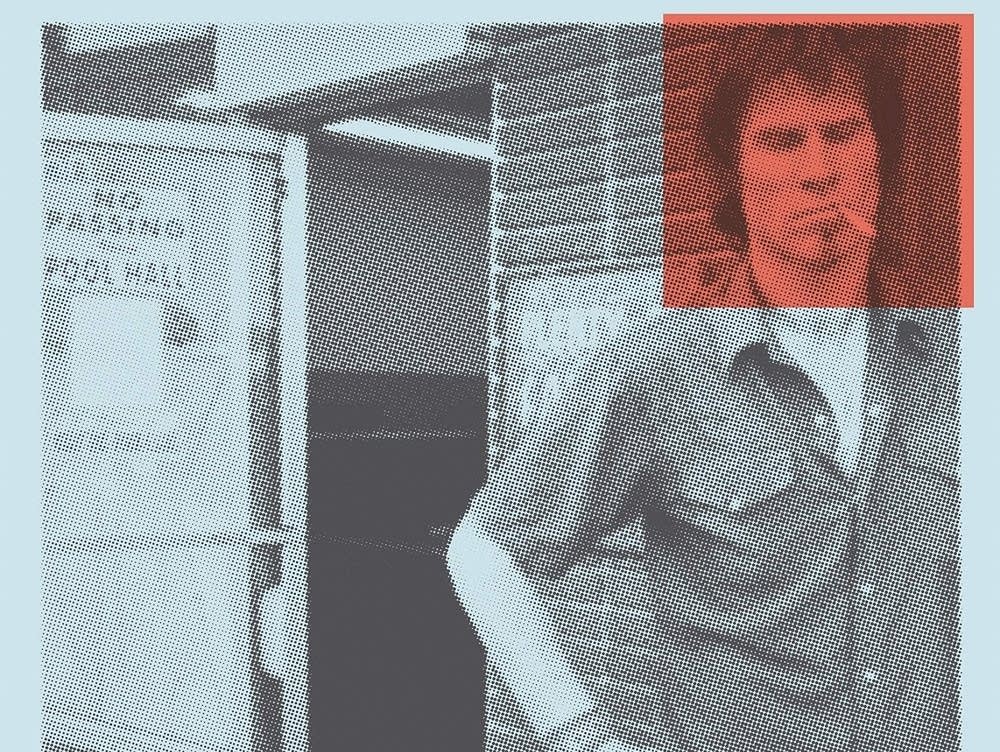
Sing Backwards And Weep, Mark Lanegan’s autobiography came out recently, to not as much attention as it deserves. This is pretty consistent with Lanegan’s entire career. I don’t want to die in the dust of an interminable Grunge Contrarian Arena, but I have my opinions that… differ from the canon. I like Soundgarden fine but not in a way you’d notice. I only love three out of four Nirvana albums. I know for a fact that Hazel was better than Pearl Jam. I’ve never seen the movie Singles. Because why the fuck would I. And it’s soundtrack is why god invented cutout bins. And, also? Screaming Trees’ Sweet Oblivion is easily one of the top five albums that came out of the Pacific Northwest in the early 1990s. Feel free to @ me. I love to chit chat.
I feel comfortable with my assessment as I have the greatest qualification to judge; I was a literal teenager when all that bullshit was happening. Like, a straight up “rock posters on my wall, drawing the Bad Religion crossed-out-cross on my jeans, taking Henry Rollins seriously” teenager. If we’re going to develop entire fields of study based on the infallibility of bubble letterers and serial masturbators, then my truth as a one-time participant in youth culture should count for something.
Of course I loved Nirvana. I’m not an animal. But as the snobbish instincts that guided me through my late teens and early twenties took over, there were seemingly endless micro-genres to explore. I shot all over the place, listening to every ‘zine and better looking roommate as they recommended everything from Blues Explosion to Universal Order of Armageddon to Pharcyde. Being too young to be part of a scene, I could just be a fan. I even devolved into (briefly) pretending to like Rodan, Rachels, and whatever other collegiate hogwash one had to grok if one intended to drink cough syrup recreationally with an adult human wearing barrettes. At the same time, junkie mystique misogyny like Afghan Whigs was still all the rage. Screaming Trees, part psych, part grunge, and with lyrics that delivered on the world weary self-involvement a young man thrives on, but without the self-aggrandizing girl pinching that Afghan Whigs required, were, to my ears, a band to stick with. It didn’t hurt that most of my friends couldn’t have cared less about them. I didn’t want to be an indie rocker. I wanted to be a type of man.
To be clear, Mark Lanegans’ lyrics have always been excellent. His focus is catastrophe sketches of lovers (however one uses the term) drawn to disarray. Even when the settings are vague, dissolute in more than morals, the specificity of emotion is there. My internalizing the substance (no pun intended) of his three-and-a-half minute shriving pews, and using those sad songs as justification to be a callow prick, is my lookout. But I think anyone who was invested in being the sort of person for whom “She said that it's five AM/I think it's time for you to go/Got to hurry, got to get on board/And drink myself to sleep at home” might apply (or, god help you, dated someone who was) knows what I’m talking about.
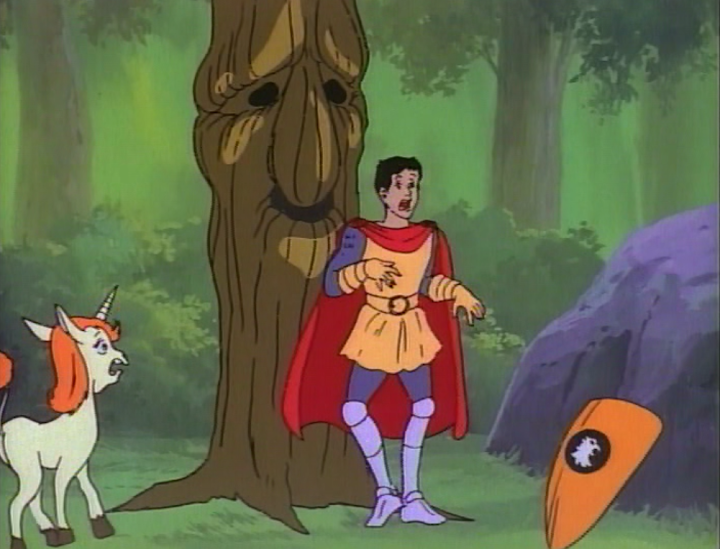
Of course it was all affectation (on my part). Real damaged souls didn’t play Tom Waits or The Pogues at the bar. They put House of Pain or Heart on the jukebox and failed to make it to the bathroom in time. But, like they say, affectation becomes habit, and even while, and after, transitioning into my final form of Nick Cave Clone, the waves and pounding wash of 1992’ Sweet Oblivion was, and is, first choice for drinking myself to sleep at home.
Relevant Story To A Larger Point: Mishka Shubaly, who nagged Lanegan into writing Sing Backwards And Weep (and co-edited it with him), and I used to be in Freshkills together. While we’ve never shied away from the buffet of competition and cruelty that male friendships thrive and break apart on, Mishka and I have also managed to stay friends since we were teenagers. But we have different ways of taking in the world. I tend towards passive and/or judgmental witnessing while Mishka… prefers to get his hands in the muck. Before he quit drinking and deservedly became the successful, if counterintuitively shirtless, writer and incisive songwriter he is today, Mishka was a mess like it was his job. Always a ride-or-die stalwart friend, always a disaster, and 7 out of 10 times an entertaining one. Anyway, one night, at a LES bar that no longer exists, Mishka and I were discussing tour preparations. I was debating whether to bring my laptop in the van. Mishka sat me down and told me an elaborate story that I won’t attempt to repeat without the benefit of his gravel-voiced charms but suffice to say the story contained infidelity, blackouts, hookups with strangers in strange midwestern rooms, hidden computer files, tears, more tears, and eventually confiscated laptops and blackmail.
The moral Mishka was attempting to impart was that, no, I absolutely should not bring my computer on tour with me.
When the story was done, and trust me it took a minute to fit in all the details and bodily descriptions, I looked at Mishka and said, “But… Mishka… none of that would ever happen to me.” I wasn’t the sort to blackout. I wouldn’t hook up with strangers in strange towns. Nobody blackmailed me because I had nothing remotely black to mail. I wasn’t innocent exactly, but I always knew exactly where my wallet was and the exact cause of whatever bruises I woke up with. The chaos that was perpetually wrought unto my friend’s life was as foreign a possibility as Mordor would be to all the hobbits that opted to stay put and eat scones.
I brought my laptop on tour. It was fine. Maybe spilled some Fanta on it in Tulsa.
I’m not saying men like Mishka and Lanegan go looking for drama. But drama ain’t the weather either.
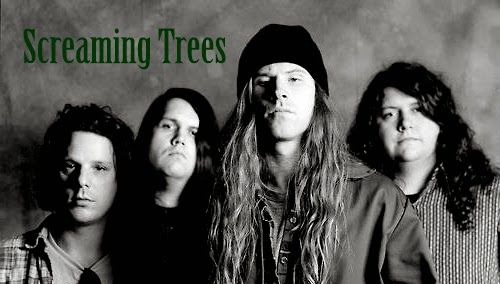
Sing Backwards And Weep is a frustrating book. The frustration lies not in the writing, which is endlessly readable, often laugh-out-loud funny, and, more often than that, genuinely moving. Lanegan as narrator is a likably hard to like anti-hero. The insider baseball details of band life, industry shenanigans, and straight up gossip is told in a winningly crabby way, like your friend at the bar you intentionally wind up to watch rant. As a fan of Nirvana and Alice In Chains, I was grateful for the unsparing but affectionate portraits drawn of Kurt Cobain and Layne Staley, even knowing what was coming. As a decidedly non-fan of Oasis, I was grateful for the unsparing and somewhat less affectionate portrait drawn of Liam Galagher. Even the graphic telling of various details, something other reviewers found to be a bit of a grind, didn’t bother me. I’m glad Lanegan has so much awareness of the inner workings of his butt. It’s very important for us men of a certain age, with certain proclivities. The book is full of self awareness as well… but not so much that you can’t understand why playing Rock and Roll was, all things considered, the least unwise of all the author’s options.
No, all that stuff is totally great. Exactly what one wants from a musician’s autobiography. What’s frustrating about Sing Backwards And Weep is simply Mark Lanegan’s terrible, terrible life decisions. While his honesty is both morally necessary and aesthetically compelling, this is a document of decisions that, again and again and again, make the reader want to reach beyond the covers and beat the author with a cast iron therapist. Spanning Lanegan’s hardscrabble childhood in Ellensburg, Washington, his entire Screaming Trees career, much of his solo output, his concurrent addictions to… whatever was around, his resultant descent into crack dealing/bottoming out, to his eventual getting clean (complete with a last chapter religious epiphany), the book is 330 (fast turning) pages of unremitting fuck up-ery. The thefts, betrayals, blood and diseases, infidelities, abscesses, squandered opportunities, interpersonal and inter-band conflicts that could have been avoided with a fifteen minute honest conversation, and a body count higher than your average mid-century border conflict combine to make a lie of the concept of bad luck. Lanegan has two feet but an endless supply of bullets. Like I said, I laughed out loud quite a bit. But it was just as often a shocked laughter, a “haha HOLY SHIT,” as it was the laughter that accompanies anything a feeling person might find remotely funny.
I suspect my personality leans closer to the various “smart asses” that Lanegan holds in contempt throughout the book, but I figure we both have enough friends so that’s ok. “No Bullshit” guys can easily veer into “dude in wraparound sunglasses saying racist shit on twitter'' but Lanegan has a seriousness grounded in empathy for the downtrodden and a rage designated for those, or a world, he sees as bullying. Cleverness can be an overrated trait in songwriters and the seriousness of Lanegan’s solo albums, while prevalent, has never felt plodding. He’s usually upset, but there’s ample room left for the listener (or reader) to be upset alongside him. Mileage varies on “funny” anyway. I laughed ruefully aloud when, in the book, he passes up a chance to sing “Where Did You Sleep Last Night” on the Nirvana MTV Unplugged sessions. And I laughed again, this time in earnest, when he makes good use of a Nick Cave heroin mandated visit to his apartment to humble some uppity goth neighbors.
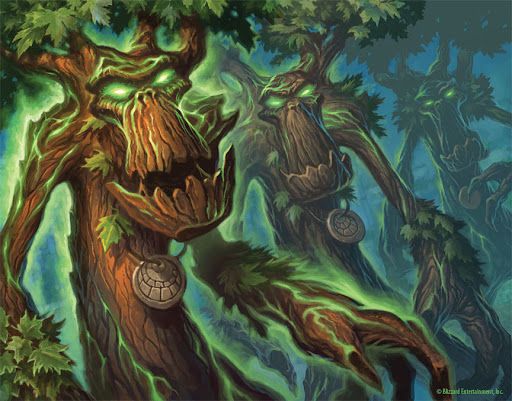
While reading Sing Backwards And Weep, I was alternating chapters with Joan Didion’s Blue Nights. The fact that I used America’s premier essayist of upper class apocalyptic doom’s book about the death of her daughter as ballast to Lanegan’s life story either tells you something or it doesn’t.
If you haven’t read Blue Nights, don’t. At least not until life has fully inured you to the idea or reality of those you care about above all others dying before you. While ostensibly a meditation on loss, grief, and mortality, and a tribute to Didion’s daughter Quintana Roo, who died of acute pancreatitis in 2005, what Blue Nights actually is is just real fucking sad. I respect the howl but I can’t say I recommend it.
I’m not going to compare the quality of the writing of Sing Backwards And Weep and Blue Nights. As far as beckonings of the void go, I enjoyed both works. Joan Didion is one of the great writers of the last 100 years who obsessively dissects every facet of life both American and inner. Lanegan is a gifted storyteller with a grievances to burn. It’s not a competition and anyway Joan Didion has not a single song that bangs as hard as “Hit The City (feat. PJ Harvey).” Having said that, there’s a comparison to be made between the two authors outside my happening to pull one off my mom’s bookshelf while I read the other. Both books contain an honesty so brutal that the reader is both shaken with admiration and, at the same time, is forced to wonder what version of events characters besides the protagonist might give. Both books are, with merit, death fixated. Both authors are, with varying degrees of merit, ambivalent about the medical profession. And both authors, having long ago left all the squares behind for one version of LA or another, perform a steady stream of necessary name dropping that serves to leaven the ensuing tragedy and delight the hobbyist (if maybe only the hobbyist) reader. The reader who loves either Hollywood minutia or the Almost Famous (and occasionally Very Famous) of 1990s alternative rock culture is delighted by all the touchstones, actors and screenwriters and singers with vibrant personalities who made beautiful things, at least until, one by one, the bodies attached to the names drop too.

While significantly less violent, Didion's world is more terrifying. The cosmology of death is random. An alarming number of Didion’s friends don’t die of anything, they just stop living. Brain catastrophes like the weather. Didion’s world is godless. Lanegan’s world, in contrast, is nothing but gods. In fact there is a small god ready to smite the smallest practitioners of hubris. Literal punks jumping up just to get beat down. Lanegan’s friends make choices and act like it’s the weather. Terrifying, but also comforting. All that rocker death drive makes a man feel like he’s going to the gym by only doing cocaine a couple times a year. Conversely, in what was easily the most pretentious and unkind thing to cross my mind all year, I couldn't help comparing (just once I swear!) the luck and choices in Lanegan and Didion’s daughter’s lives.
But that thought is the cruelty of the voyeur. I’m ashamed I thought it. Lanegan, like the preternaturally gifted and much missed Layne Staley, didn’t choose any of this. At least not the roots of it. Addiction came fast and early, as did (like Quintana) clinical depression. And, by his telling (and he’s so uncomfortably honest about his own flaws I have little reason to doubt him) Lanegan’s mother was monstrous. The fact that Lanegan used sheer force of will and maybe the spiritual grounding of the first few Gun Club LPs to get himself out of Bullshit, Washington and into the world is as much, and arguably more, a choice than every way he let himself and those around him down. While I may, as both reader and fan, physically cringe at some of the paths Lanegan takes in his book, I know in my heart that, for lack of a better word, luck does enter the picture. I’ve drank since I was 15 but can generally take it or leave it. I’ve made some of Lanegan’s choices (which I won’t detail as both my mom and Zohra’s family reads this newsletter) with few if any of the consequences. Is that fair? Is that just? Lanegan’s ex friends, bandmates, and lovers can, should, and undoubtedly do judge the man’s compulsions and resultant actions. Lanegan himself, for the duration of his entire book, certainly does, and harshly. But I don’t have that right.
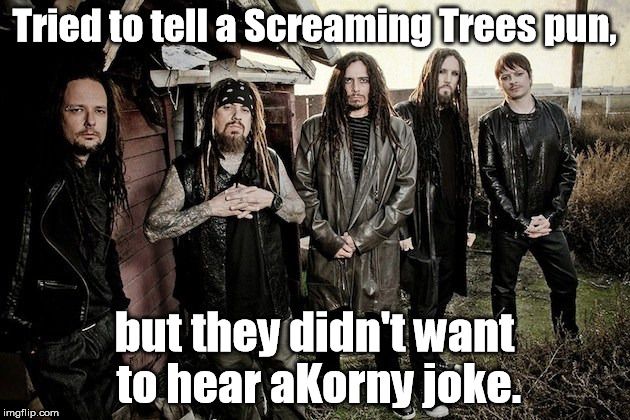
Lanegan’s (and Mishka’s) path was not for me. At the most basic level, I just never had the stamina. I’d rather read back issues of Legion of Superheroes than take mushrooms. Cocaine and cigarettes don’t count… that’s kids stuff, but the level of damaged manhood just isn’t in my steez. I always say I’ve been a poseur all my life. I say that without self effacement or regret. I mean, rather than thinking myself a wholesale phony, that God probably intended for me to be a low level college professor or just a Cliff Claven type in a college town bar. But, when I was 14, my dad brought me to a record store and I bought a copy of Screaming Trees’ last SST album, 1989’s Buzz Factory. Lanegan thinks it’s a bad album, but he’s wrong. It doesn’t have the emotional heft of Sweet Oblivion (Lanegan wasn’t writing his own lyrics yet). But the singer’s voice carries the lyrics well beyond guitarist, and then chief songwriter, Lee Conor’s admittedly pretty dippy conceits. Lanegan’s wailing (like that of Nick Cave, Glen Danzig, Scott Walker, Andrew Eldritch, Leonard Cohen, all the other brooding bassoons of my youth… I have a type...) was a coolness that felt completely unattainable to the boy I was at that scrawny, weird smelling moment... but maybe there was room for negotiation. I decided I wanted to be a rocker so I became one. That was the promise of punk and goth and, later, the promise of the city. I was allowed all this adventure. How could I be anything but grateful to the Mark Lanegans (and Mishkas!) of the world who, in razing their own lives and salting the earth, left me all this delicious salt.
For men who strive to write about their own movements through manhood with any honesty at all, the danger of using self-laceration as a dodge is omnipresent. In our twenties (or thirties… hopefully not past that…), we tell partners “I told you I wasn’t a good guy” as though that’s a Get Out Of Jail Free card from fidelity, or any accountability at all. But, even knowing this, at a certain point, you have to tell the truth, at least about yourself and at least to yourself. If that truth echoes the old dodge, well, hopefully meaning it now is worth something. I have no idea if Sing Backwards And Weep is a full accounting. If it’s not, I shudder to think of what’s been omitted. Lanegan’s book’s resolution differs from the (admittedly earned) fatalism of Joan Didion’s remorseless sorrow. But even though it's immediately preceded by Lanegan’s altering his life in the direction of possible redemption, Sing Backwards And Weep ends abruptly with the deaths of Lanegan’s ex lover, Shadow, and his best friend, Layne Staley. Lanegan changes (maybe), but the weather holds.

